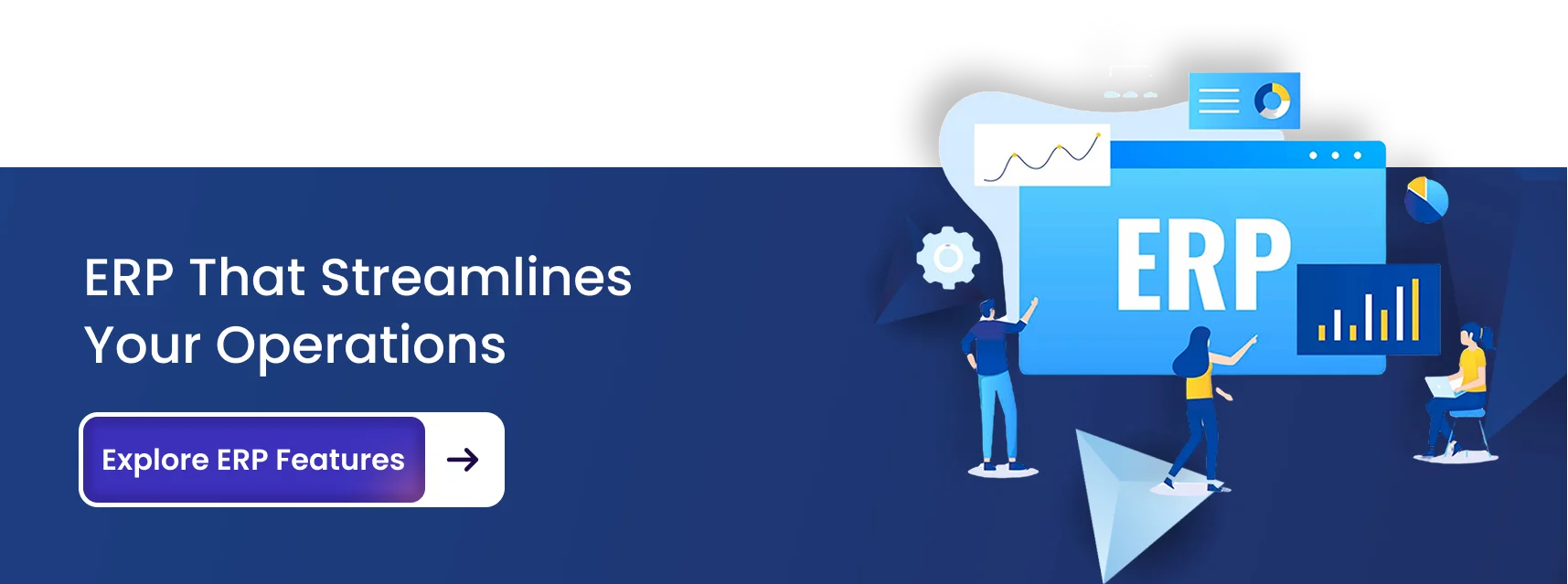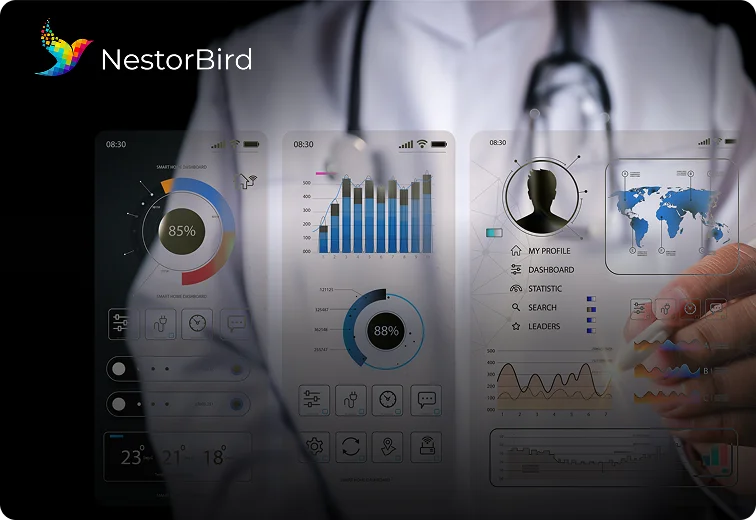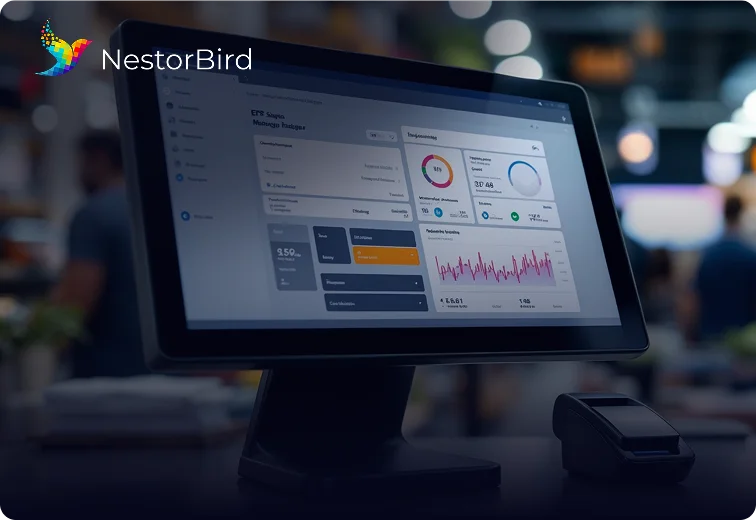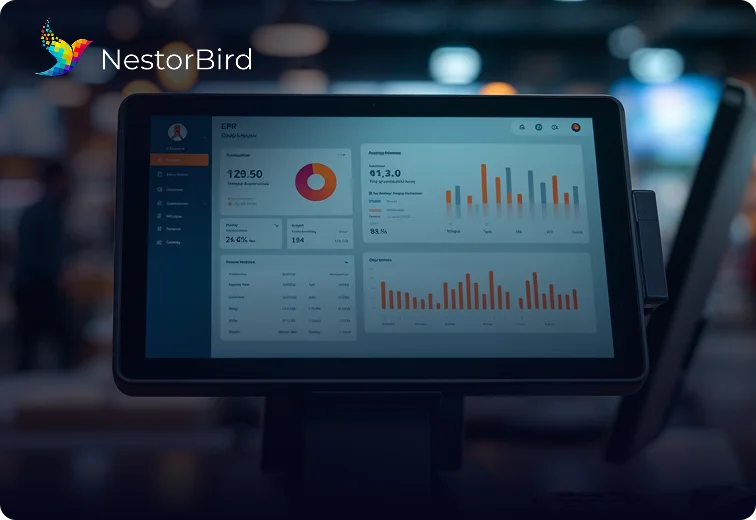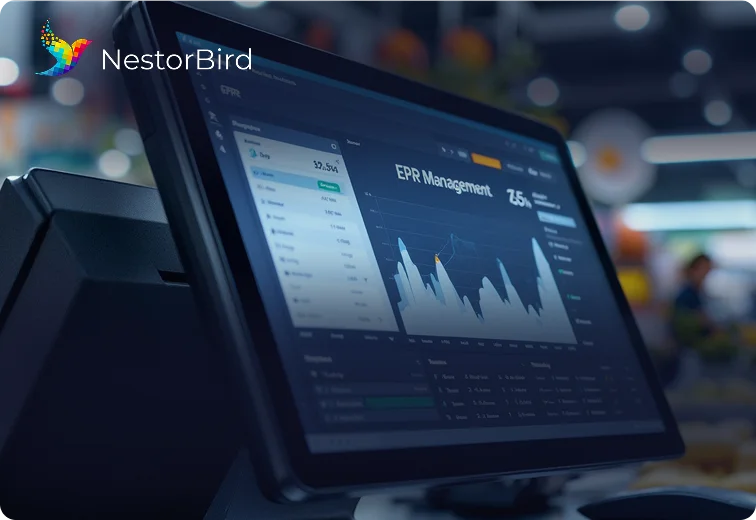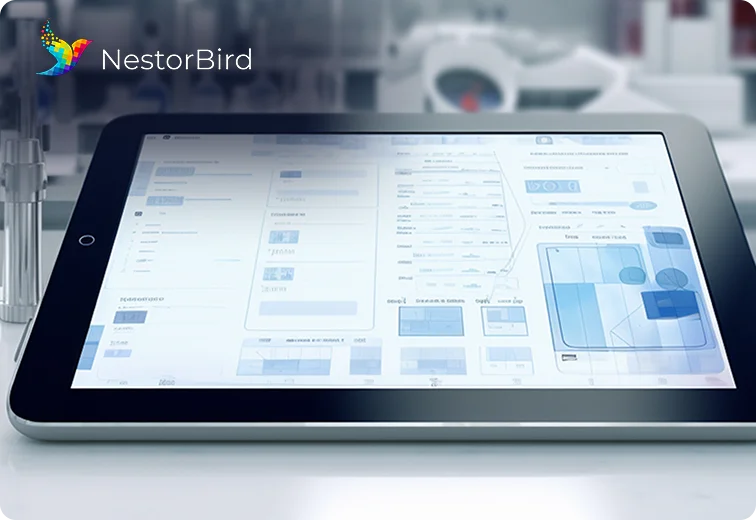Quick Summary
Compliance management is important for the pharma industry to keep medicines safe and meet rules. It helps companies control quality, prevent risks, and protect patients. This blog explains key compliance practices and why using good systems is important.
Table Of Contents
Introduction
To ensure the highest safety standards, and the quality of the various potent and important pharmaceutical products, it is required that this industry should follow certain rules and regulations. This is important and required because these rules protect patients, keep medicine quality high, and help companies avoid legal trouble. Here, compliance management means making sure pharma companies follow the law and health regulations. It covers every step, from making medicines to selling them. In this blog post, learn why strong compliance management is needed for pharmaceutical safety, good quality, and keeping a company’s reputation secure.
Key Takeaways
Compliance management keeps pharmaceutical products safe and legal.
Following rules protects patients and avoids fines or product recalls.
Quality control and staff training are important for strong compliance.
Using technology like ERP and AI helps reduce compliance risks.
Monitoring suppliers ensures materials meet safety and quality standards.
Understanding What Compliance Management Is
For this particular sensitive industry, let us first understand what compliance management means. Compliance management for pharma industry is about making sure that companies follow rules made by health authorities and government agencies at every step of making and selling medicines. This is not just about obeying laws, and it is an important part of everyday work in every pharma company.
Some main rules include Good Manufacturing Practices, Good Distribution Practices, and Good Clinical Practices, which are all designed to protect patients and ensure the highest, required, and proper medicine quality. Here, continuous checks and record-keeping are a big part of pharmaceutical compliance, so companies can spot and fix problems before they affect safety or quality.
This is the Best ERP for Pharmaceutical Industry.
The Major Risks Involved In the Case of Poor Compliance
There are many risks involved if the pharma companies fail to follow the required regulations and compliances.
May receive FDA warning letters: If pharma companies do not follow rules, the FDA sends warning letters, which mean the company must fix problems quickly or face serious trouble. Warning letters show there are big compliance risks.
Face some major legal penalties: Companies can get fined or face legal problems if they break laws, and remember, these penalties hurt the business and its trust with customers because they show poor pharma compliance.
Undergo or face product recalls: If quality checks fail, companies must recall their products. This protects health but costs money and harms the company’s reputation for safe pharmaceuticals safety as well as maintaining proper compliance.
May face market bans: Breaking important rules can stop companies from selling medicines in a country. This hurts patients and shows failure in the pharmaceutical industry compliance.
Increase patient health risks: Bad data or quality problems can cause unsafe medicines to reach the people or end users, which also threatens public health and shows weak pharmaceutical quality control.
Know more about pharmaceutical quality control.
Rules and Laws in the Pharma Industry
Since there are new and improved drugs as well as other pharma products getting created regularly, this industry also faces new challenges in terms of following all the rules. The rules for pharmaceutical industry compliance are different in every country, and here the companies must follow laws about the environment, supply chain, and data safety strictly to avoid any issues.
It is not easy to keep up with the many changes in global standards, so companies must track and adjust their ways often to meet these rules. This helps protect medicine quality and patient safety, but it also makes managing pharma regulatory compliance more complex and time-consuming.
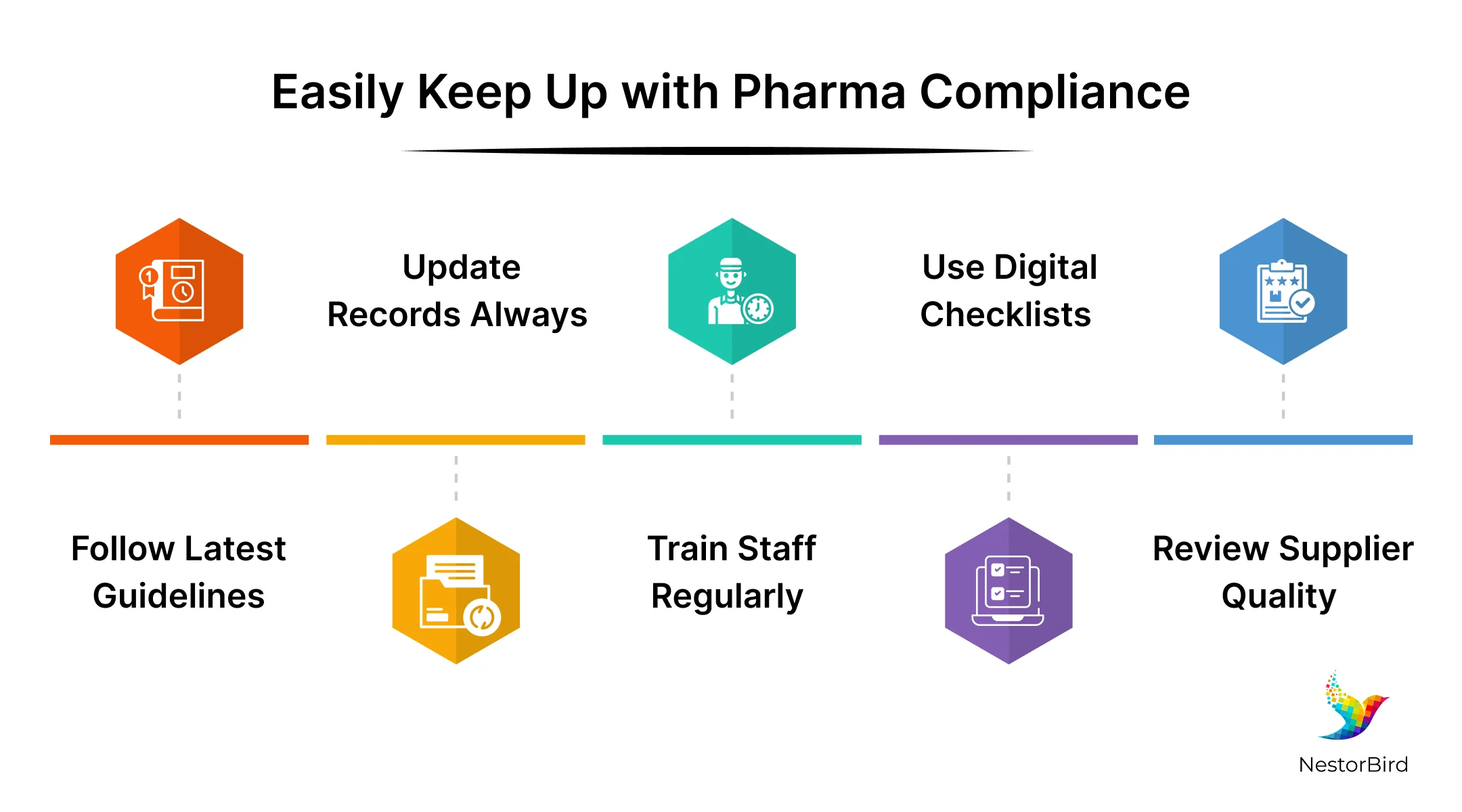
How to Efficiently Keep Up with Compliance Standards and Rules
Pharma companies can easily stay compliant and follow all the required regulations by implementing these strategies for their business.
Using efficient Quality Management Systems: A QMS helps organize all steps in making and checking medicines, and also controls quality from start to finish, keeping products safe and effective. Having a good QMS can support meeting pharma regulatory compliance demands efficiently.
Conducting regular audits and documentation: Checking processes often and keeping detailed records finds problems early. This keeps companies ready for inspections and shows clear evidence of following rules, which is part of solid pharmaceutical industry compliance.
This is how you can Improve Batch Processing with Pharma ERP Software
Maintain proper supplier and third-party oversight: Companies must watch their suppliers carefully to ensure they meet quality and safety standards, as this control helps prevent risks coming from outside sources, supporting overall pharmaceutical compliance.
Provide continuous and proper staff training: Teaching workers the latest rules and best practices helps avoid mistakes, as these well-trained staff can keep compliance on track and improve compliance in pharma daily operations.
Integrate required compliance in all the workflows: Companies should make compliance a part of every step in production and management to stop problems before they start. This integration improves quality and protects patients, key goals of pharmaceutical safety.
Companies Can Use Technology to Help with Compliance
It is underrated, but pharma companies can greatly use the new, improved, and efficient technology to stay compliant in this industry, as it can easily monitor rules and help avoid errors. Digital platforms allow real-time checking of processes and data. Having automated systems in place can reduce manual mistakes and improve compliance in pharma. One example is using Quality Management Systems in a digital way, which organizes operations and keeps records for easy review.
Another way is using various AI-powered tools that are also used to find risks early and give alerts. These technologies help companies fix issues fast and improve documentation, which is important for meeting complex regulations and protecting pharmaceutical safety. Using such digital solutions with Pharma ERP solutions makes compliance faster, clearer, and more reliable, which keeps products safe and companies prepared for inspections.
Learn more about the efficient Process ERP Software for Pharmaceutical Manufacturers.
End Note
Pharma companies should understand that compliance management is very important in the industry to keep medicines safe and legal, and following rules carefully protects patients and helps companies avoid fines or other problems. Using an ERP system from NestorBird can make pharma regulatory compliance easier. Our special ERP software for pharma helps track quality, manage documents, and meet regulations smoothly. It simplifies daily tasks and keeps records ready for inspections. By choosing NestorBird, you get a simple, reliable way to stay compliant and run pharmaceutical operations well today and as the business grows.
Frequently Asked Questions
It ensures medicines meet quality and pharmaceutical safety standards, protecting public health. It also helps companies avoid fines, recalls, and damage to their reputation.
Good quality control ensures medicines are safe and work well. Poor control can lead to unsafe products, recalls, and failure to meet regulatory rules.
Technology like Pharma ERP systems and AI tools track processes and risks in real time. They reduce errors and help maintain accurate records for inspections.
ERP keeps data organized, tracks products and quality, and helps meet rules smoothly. It makes daily work easier and supports faster regulatory reporting.
They can get warning letters, fines, product recalls, or be banned from markets. This hurts business and can risk patient health.



